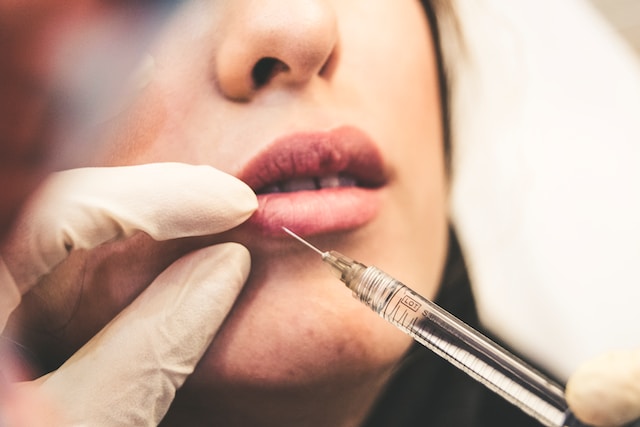Patient Resources

informed consent
Hidden Dangers of Medical Treatments
Many patients discover the hard way that medical regulators and professionals aren’t always diligent in protecting the public. Sometimes adverse events are hidden in clinical trials. Sometimes doctors aren’t aware of safety signals picked up by drug safety surveillance systems.
Abandoned by doctors, patients often turn to online support groups when mainstream medicine leaves them behind. This page will give an overview of various medical conditions that are conveniently ignored by the medical system.
Vaccine Injury

Safe and effective? Unfortunately, many chronic illness patients have discovered that vaccines are not safe or effective for them.
For the data on the risk/benefit of vaccines in Long COVID and vaccine injured patients, see this video. Perhaps a fifth of all chronic illness patients experience significant worsening following vaccination.
Psych Drugs

Many psych meds have serious side effects such as suicide. While suddenly discontinuing these drugs can be dangerous, many medical practitioners are unaware of the danger.
Psychiatric drugs include:
- Some pain and anticonvulsant medications such as gabapentin (Neurontin).
- Many antidepressants.
- SSRIs
- SNRIs
- TCAs
- Benzodiazepines
MRI Contrast Dye
Gadolinium Toxicity

Gadolinium exposure happens when gadolinium-based contrast dye is used during MRIs (Magnetic Resonance Imaging scans). Some people experience long-term side effects following repeated exposure to gadolinium.
Adhesions Following Surgery

After surgery, scar tissue can connect tissues that are not normally connected. This can result in debilitating pain and other symptoms.
Breast Implant Illness and Other Foreign Objects in the Body

FDA surveillance data has linked breast implants to higher rates of autoimmune disease. Most BII patients experience improvement in symptoms following removal, though not all patients do.
One possibility is that bacteria and fungi grow on inorganic surfaces in the body, whether they are breast implants or something else. Removing this environment may or may not be an effective treatment for chronic illness.
'Flox' Antibiotics

The fluoroquinolone class of antibiotics includes ciprofloxacin, levofloxacin, and moxifloxacin. A small portion of patients experience severe and debilitating side effects from these antibiotics.
(Coming soon.)
Iatrogenic Botulism (Botox/Dysport)

Botulinum toxic is a known neurotoxic protein. In some patients, it spreads outside the intended area and causes nerve damage. This can lead to dysautonomia and other side effects.
(Coming soon.)
PANS/PANDAS

Pediatric patients (as well as adults) can experience severe neuropsychiatric symptoms associated with a Strep infection. It can be difficult to find specialists able to diagnose and treat this condition.
(Coming soon.)
